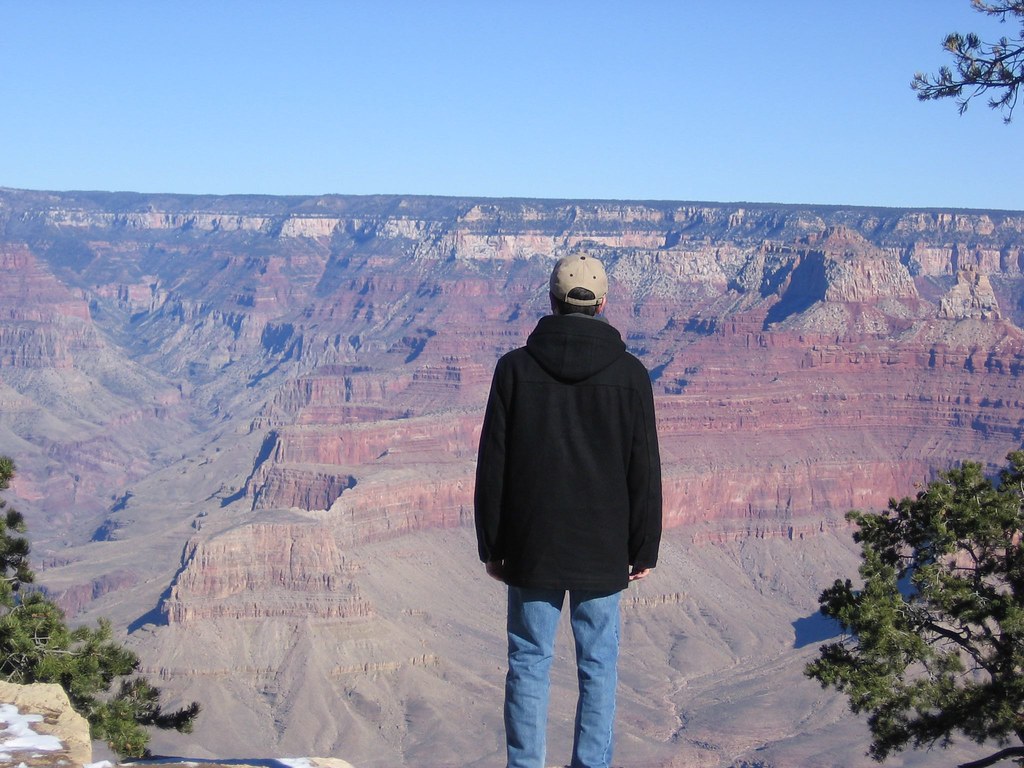I'll have a better sense of it when I've been in Israel for a few weeks, but between my observations when I was there in January and otehr anecdotal evidence, I feel that there was a large number of dati leumi Israelis who have been disillusioned by the Gaza pullout last year. As well they should, because they felt very much betrayed by a government of a country to which they previously felt a deep-rooted loyalty. The widespread wearing of the orange bracelets with the after-the-fact message "לא נשכח ולא נסלח" ("we will not forget and we will not forgive") points to a terrible feeling of despair and anger. And don't get me wrong; to the degree I can understand their hurt, I see where they're coming from, and to the degree that I cannot, I am definitely willing to give them the benefit of the doubt.
The question that remains is where this leaves their philosophy, which by some accounts, is in a shambles. Some believed that such a thing simple could not happen, and when it inexplicably did, all Messianic possibilities for (or even religious significance of) the state disappeared. Granted, this may lead to total disillusionment for some, and thereby an abandonment of Religious Zionism altogether. However, I can't help but wonder whether it will lead to a shift away from the philosophies of 'Greater Israel' preached by many of the popular religious leaders, and towards a more moderate (but still dedicated) philosophy, such as one of those preached by R' Aharon Lichtenstein or R' Yehuda Amital.
I recall visiting relatives who found out that I went to R' Aharon's yeshiva, and immediately dismissed him as a smolani, a leftist. R' Aharon himself has admitted to being in the peculiar position of being perceived as too Zionist for the American community and not Zionist enough for the Israeli community. This is, of course, unfortunate, as he articulates a clear and firm religious Zionist doctrine, one that can even accept a disengagement when necessary. As for R' Amital, his (former) association with the left-of-center Meimad party seems to taint him in the eyes of many, even though he also presents a compelling and unique point of view that can withstand an event such as the Gaza pullout. (For an interesting analysis of R' Amital's though - whose accuracy I neither vouch for nor deny - look here.)
I happen to know about these two rabbis because I was in their yeshiva. However, I am sure that there are other prominent rabbis who can lead the way in teaching a new model for popular Religious Zionism, some of whom I know of but cannot comment on enough to say much (R' Yoel Bin-Nun comes to mind), but one thing seems clear: a new philospohy of Religious Zionism must develop if the State of Israel is to retain some of its most dedicated citizens, and if those citizens are to retain their faith - and their hope for a future where we can say "לא נשכח, ונלך הלאה בכל זאת" ("we will not forget, and we will go on nevertheless.")

4 people hopping:
"...The battle's done, and we kind of won,
So we sound our victory cheer.
Where do we go from here?
Why is the path unclear?
When we know home is near?
Understand we'll go hand-in-hand
But we'll walk alone in fear.
Tell me,
Where do we go, from here?"
How did I know you were going to quote Buffy?
You're incorrigible, Josh.
Because quite clearly, at some point while writing that title, you heard the tune too. Which makes you just as bad. Sad though, that the song is a bit too optimistic at the moment.
I deny having anything of the sort in mind, consciously or otherwise. You can't prove it.
>> Join the fray <<